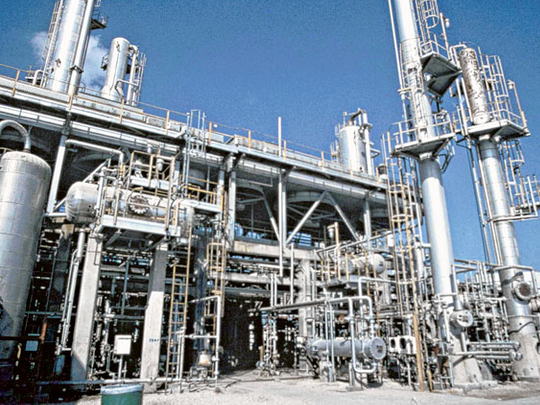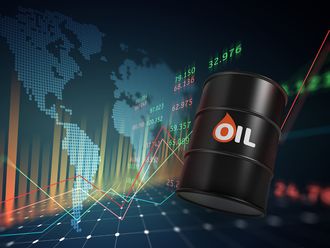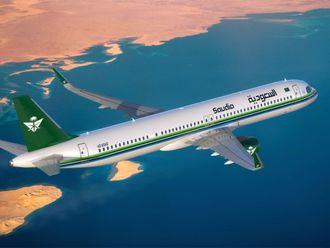
Congratulations to all the citizens and residents of the UAE on the occasion of the 40th anniversary of the Union. The Spirit of the Union has been there for all to see across the emirates not just because of national pride, which is important, but also to recognise the progress made over the 40 years of its existence.
This progress has been covered by many and as an oil and gas analyst, I chose this sector to show the progress made over the life of the Union.
In 1971, oil development was well underway in all countries of the Arab Gulf where the UAE production was 1.1 million barrels a day, essentially in Abu Dhabi fields, which made it a cornerstone for the success of the Union. Production rose and fell over the years in accordance with oil market development to reach 2.8 million bpd in 2010.
There is room for growth and the UAE may increase its production capacity to 3.5 million by 2018.
The UAE marketed almost 29 billion barrels since 1971, with proven reserves still rising to 97.8 billion barrels. Of course this remarkable contribution to the world economy has itself been instrumental in the progress and development of the UAE.
Attention later on turned to natural gas where the reserves grew from 2.4 trillion cubic metres (tcm) in 1980 to six tcm now and the production, which was a modest 1.5 billion cubic metres in 1971, grew to almost 80 bcm in 2010.
Consumption in the same period grew from 1.3 bcm to 60.5 bcm. The growth of consumption and the UAE export commitment made it necessary for the UAE to import gas from Qatar where in 2010, imports were almost 26 bcm. Gas exports in the form of LNG were 5.2 bcm, far below that of previous years due to the rise of domestic demand and the soft international market.
UAE trials to use sour gas for re-injection will free additional gas resources for consumption or export and play a role for improving the environment.
There were no refineries in the UAE in 1971 and the country depended on imports of petroleum products to satisfy its modest demand. The first refinery came on stream in 1976 at a small capacity of only 15,000 barrels a day. With the recent completion of the Ruwais expansion, the current refining capacity is 774,000 bpd.
More importantly, the refining industry has grown in complexity especially in Ruwais refinery. Fuel oil production will be kept to a minimum and the products' specifications are upgraded to suit international markets and the need to improve the local environment. Sulphur levels in gasoline and diesel will be as low as those in Europe and other developed countries.
The refining industry is destined for further expansion when the Fujairah refinery at 250,000 bpd gets underway. The completion of the 1.5 million bpd pipeline to Fujairah for exports outside the Gulf made the refinery project much more attractive.
The expansion in refining capacity is driven by the growing demand for petroleum products, which was a mere 3,000 bpd in 1971 and now close to 500,000 bpd with close to 200,000 bpd for export.
There is no doubt that energy consumption is a necessity for economic and population growth, in addition to urbanisation and the sophistication of lifestyle. But the UAE must be concerned about rising domestic consumption of primary energy (oil and gas) which is now at the level of 86.8 million tonnes of oil equivalent a year.
To this effect, the Abu Dhabi Future Energy Company (Masdar) was established in 2006 to promote renewable energy and efficiency improvement in the UAE. As recognition of this, the newly established International Renewable Energy Agency (IRENA) decided to base its headquarters in Abu Dhabi since June 2009.
President His Highness Shaikh Khalifa Bin Zayed Al Nahyan said during celebrations on Friday: "We are on the threshold of a new phase to achieve more developments in all fields that will place the UAE among the prominent countries across the globe" and "it will be a real challenge to maintain the accomplishments made and enhance all the developments."
Here is the promise and the recognition of the task ahead, which prompts me to make a wish list for the years to come.
I wish there will be more effort towards the wide use of public transport, the completion of the UAE railways, the use of biomass and household waste in energy generation, the enhancement of the use of compressed natural gas in vehicles and, most importantly, to always promote the efficient use of energy in all sectors of the economy.
Once again, congratulations and many happy returns.
The writer is the former head of Energy Studies Department in Opec Secretariat in Vienna.












